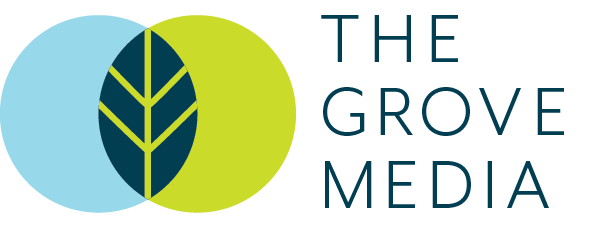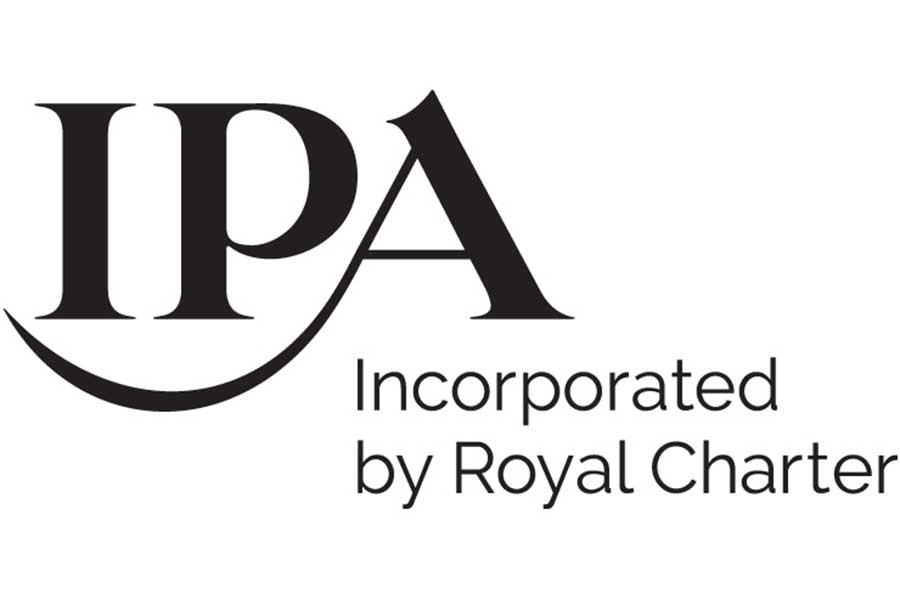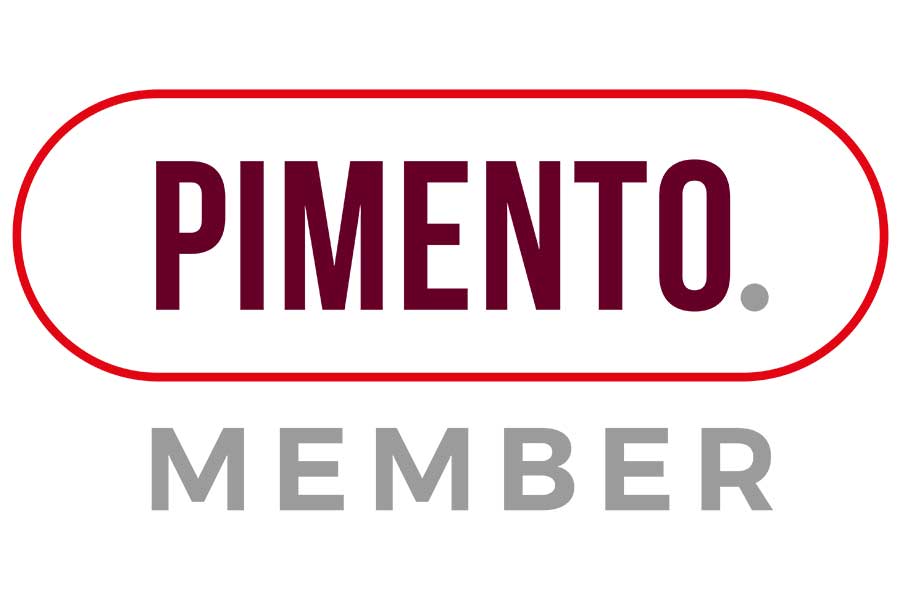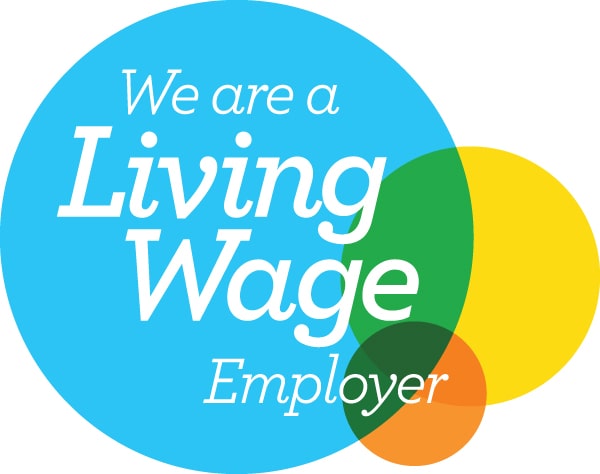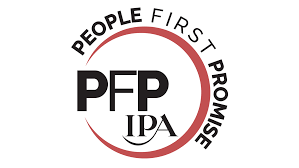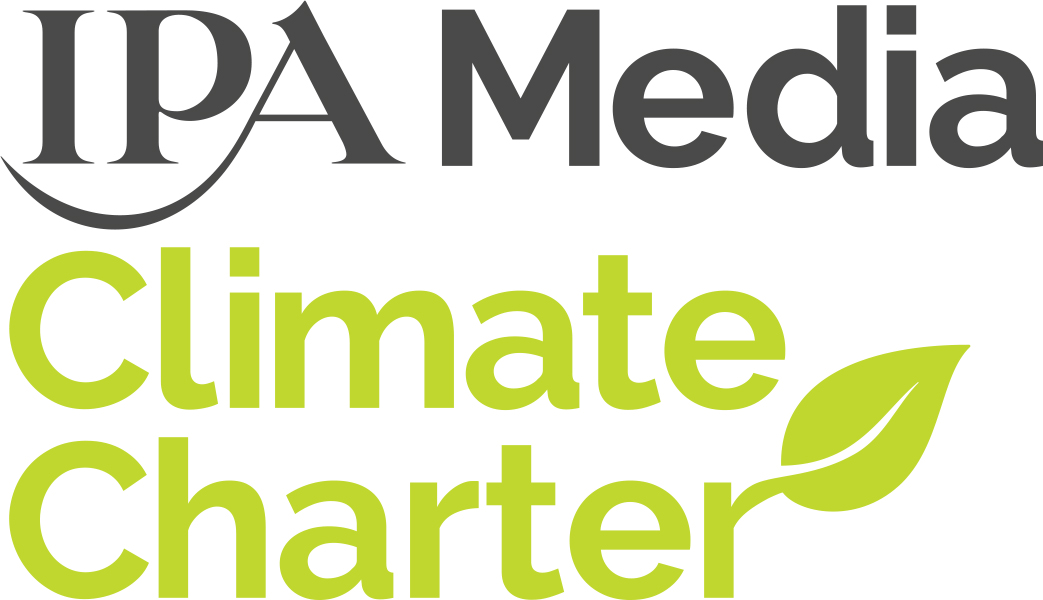By Ciaran Deering, Head of Online
Google’s second delay to the blocking of third party cookies on Chrome comes as no surprise. I think there would have been greater astonishment if they had actually gone ahead with their revised timeline.
The first delay – to 2023 – was announced at the back end of last year. And then in July, Google communicated a further delay – this time until the second half of 2024 – with the reason being that they needed “more time to evaluate and test the new Privacy Sandbox technologies”.
And as you would expect, the announcement prompted a wave of commentary in the press. Blocking of third party cookies depletes the ability of advertisers to re-market to site visitors and create bespoke audiences, and most ad-tech business have built their offerings using cookie-based data. Safari and Firefox brought in default blocking back in 2020, but through Chrome, Google still commands about 50% of the browser market in the UK.
Frankly, It’s been apparent since Google first announced its intention to block third party cookies, that they had given themselves and the market a mountain to climb in a very short space of time. While Google is arguably trying to balance the needs for robust online privacy while enabling independent adtech to thrive, I don’t think they fully considered the implications of their decision on the wider marketplace. Nor did they anticipate the strength of pushback they’d get from their competitors, industry bodies and advertisers.
Google has made the right decision to delay once again and we may find the deadline is pushed back even further, depending on progress made in the interim. It gives agencies and advertisers more time to get their heads around the alternatives being proposed.
And, like the timing of cookie blocking, the proposed alternatives have been subject to change and uncertainty. The Federated Learning of Cohorts (FLoC) solution, based on lookalike audiences, was shelved in January of this year. Its suggested replacement, Topics API, promises targeting based on content categories visited by users. While it has been more widely accepted from a privacy perspective, it has also been criticised for being too simplistic and potentially devaluing inventory on Chrome. Both FLoC and Topics API are part of a number of Initiatives coming out of Google’s Privacy Sandbox.
Most competitors to Google in the adtech space have developed data-driven solutions that function without the need for cookies. For example, by accessing freely available data such as affluence-by-postcode, weather, home EPC ratings etc. And almost all adtech operators offer first party data targeting opportunities, which enable advertisers to upload their customer data, and find matches, build lookalike audiences etc. Many of these competitors share concerns that Google’s solutions could further entrench the company’s dominance over the ad supply chain.
The Grove Media’s advice to clients is to continue to enjoy the targeting that cookies offer. We still have two years to benefit from targeting at this level, which gives us enough time to test alternatives. We also advise advertisers to continue collecting as much of their own first party data as possible. This will increase their ability to build custom audiences, such as lookalike and remarketing, which don’t require cookies.
For advertisers that use Google’s ad platform extensively, there’s an option called Enhanced Conversions that’s worth considering in the short to medium term. This identifies a conversion from a Google-registered user on the advertiser’s site, even if that advertiser has opted out of using cookies. In the short term, this can increase the number of recordable conversions achieved from people that have opted out of cookie use. Longer term, it’s a solution that could grow in importance post the deprecation of cookies from Chrome.
